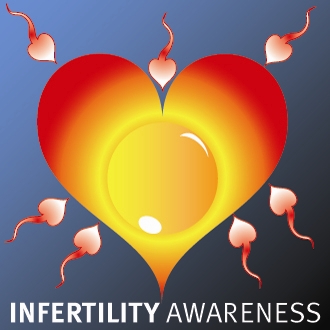Researchers at the Fred Hutchinson Cancer Research Center have discovered two pesticides they believe cause an increased risk of endometriosis, a condition that can lead to infertility in women. Endometriosis occurs when the tissue that lines the inside of the uterus grows outside of the organ and attaches to other structures or organs. The condition most often affects the ovaries, fallopian tubes and lining of the pelvic cavity. While it is not fatal, endometriosis can cause chronic pelvic pain, painful menstrual periods and infertility. The condition affects up to 10 percent of reproductive-age women.
“For many women, the symptoms of endometriosis can be chronic and debilitating, negatively affecting health-related quality of life, personal relationships and work productivity,” said Dr. Kristen Upson, a lead researcher at Fred Hutch.
Unfortunately, Upson said experts don’t know why endometriosis develops in some women and not others, making it difficult to prevent. To learn more, a team of researchers at Fred Hutch conducted a study to discover what role environmental chemicals might play in a woman’s risk of developing the disease.
Researchers looked at 248 women newly diagnosed with endometriosis and 538 women without the disease within Group Health Cooperative. They found women with higher exposures to two pesticides – beta-hexachlorocyclohexane and mirex – had a 30- to 70-percent increase in endometriosis risk.
“Since endometriosis is an estrogen-driven condition, we were interested in investigating the role of environmental chemicals that have estrogenic properties, such as organochlorine pesticides, on the risk of the disease,” Upson said.
Beta-hexachlorocyclohexane and mirex have both been banned in the United States for decades, Upson said. But, women are still exposed through diet, particularly meat, dairy and fish.
“We found it interesting that despite organochlorine pesticides being restricted in use, these chemicals were detectable in the blood samples of women in our study and were associated with increased endometriosis risk,” Upson said. “The take-home message from our study is that persistent environmental chemicals, even those used in the past, may affect the health of the current generation of reproductive-age women with regard to a hormonally driven disease.”
Pesticides have been shown to have adverse reproductive effects in laboratory studies, altering the function of the uterus and ovaries, as well as hormone production.
“Given these actions, it’s plausible that organochlorine pesticides could increase the risk of an estrogen-driven disease such as endometriosis,” Upson said. “We hope our findings will help inform current global policymaking to reduce or eliminate their use.”
Source: KOMO News, November 5, 2013
http://www.komonews.com/news/health/Local-doctors-link-pesticides-to-in…

- Log in to post comments
